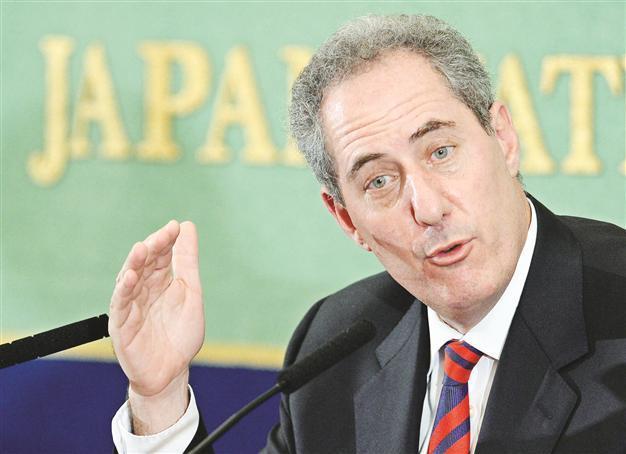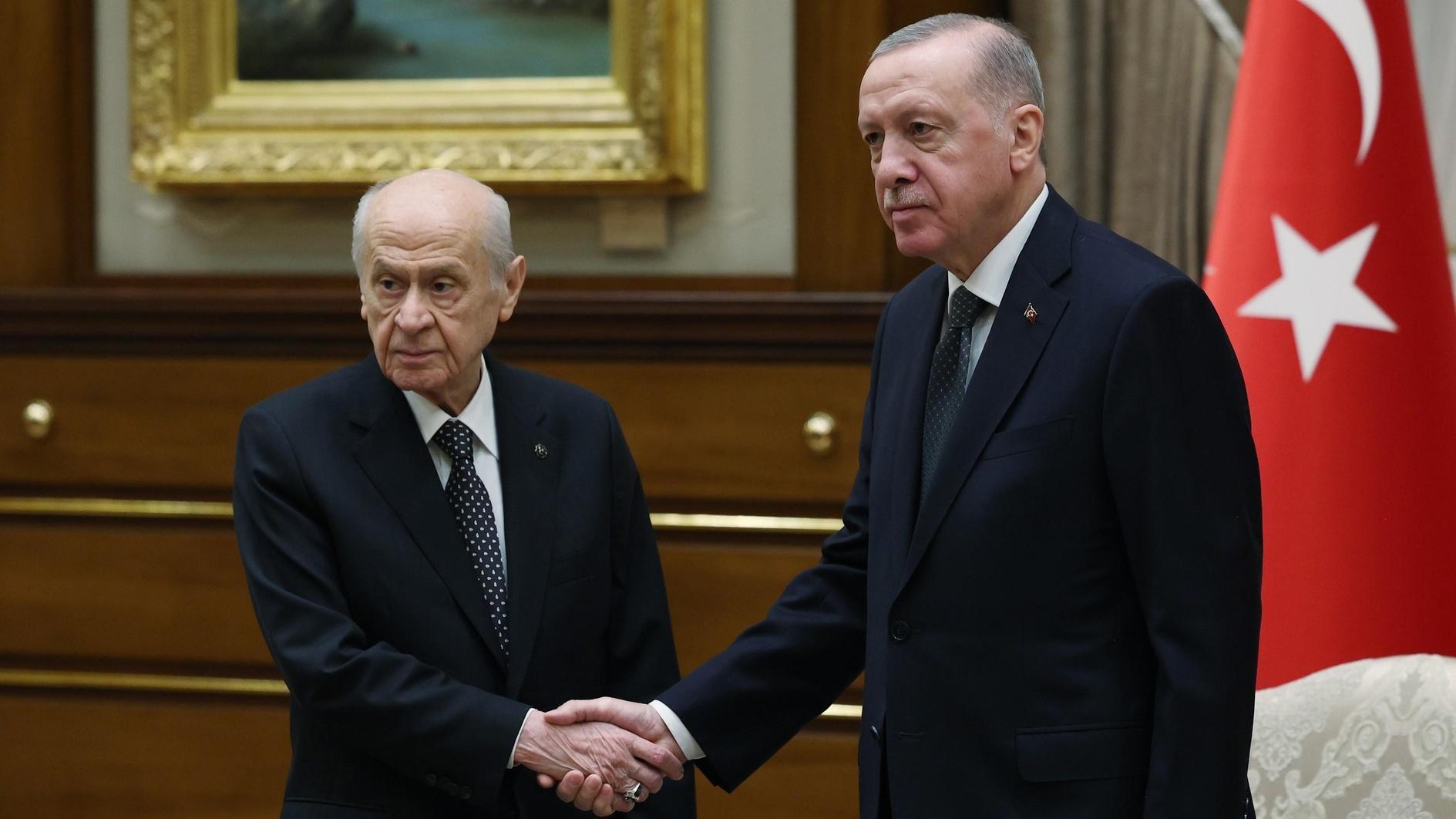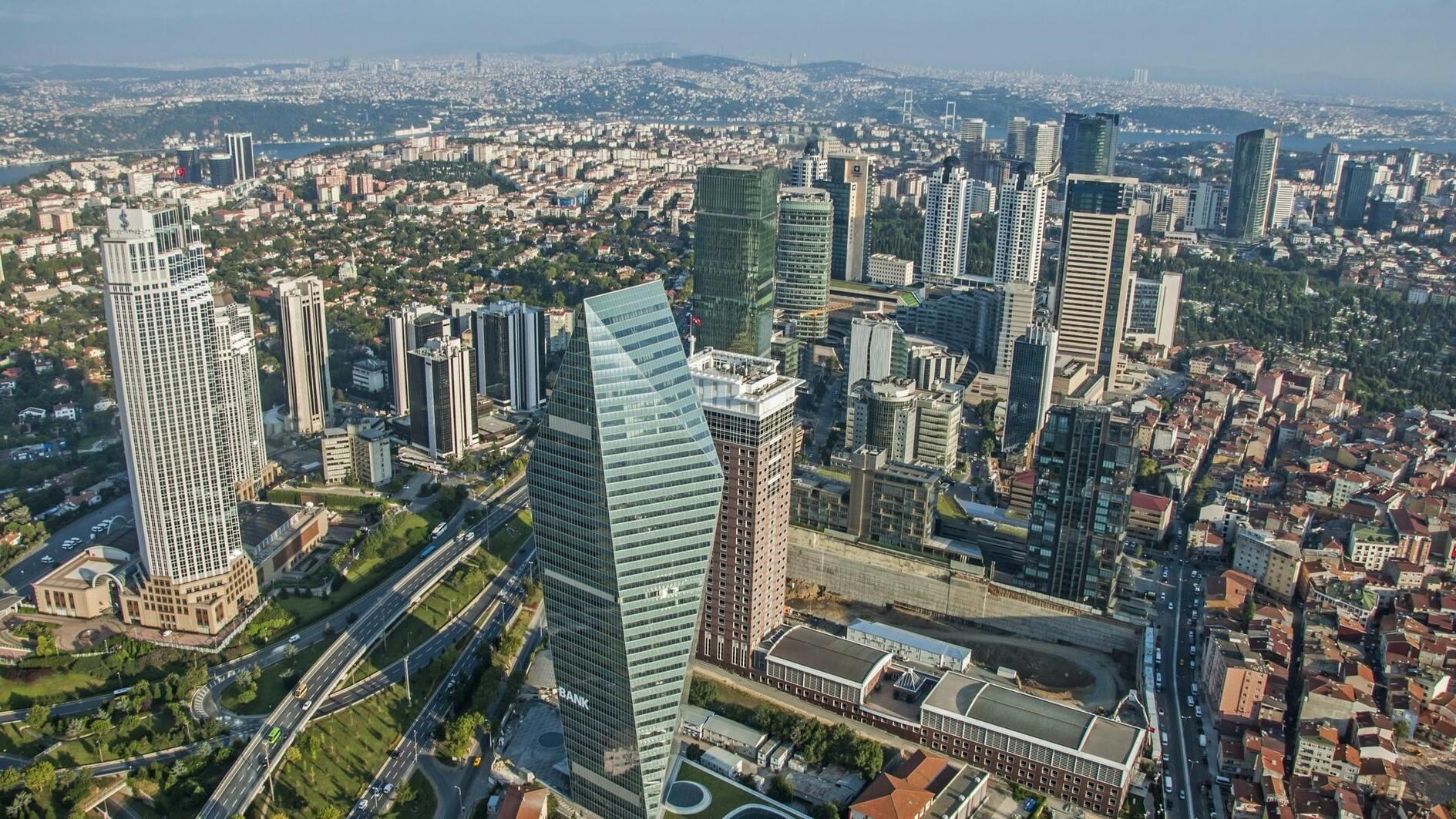Asia-Pacific trade talks enter final push for deal: US trade official
WASHINGTON - Reuters

US Trade Representative Michael Froman gestures while answering a question during his press conference in this file photo. AFP Photo
The United States and 11 other countries in the Asia-Pacific have begun a final push to reach a landmark trade deal this year and hope for significant progress by an October meeting of leaders in Bali, the top U.S. trade official said on Friday."It's not surprising that at the final stage of negotiation, as we enter the end game, (the most sensitive issues) are left on the agenda," U.S. Trade Representative Michael Froman told reporters on his way back from a meeting in Brunei with his counterparts involved in the Trans-Pacific Partnership (TPP) talks.
"But I was impressed by the dedication, the workmanlike attitude of all the delegations and their commitment to work through these issues in order to achieve a comprehensive, ambitious, high-standard 21st-century agreement," he said.
Froman left open the possibility that the agreement might not eliminate all tariffs between the 12 countries, which include the United States, Japan, Canada, Mexico, Australia, New Zealand, Peru, Chile, Vietnam, Malaysia, Singapore and Brunei.
He said a Japanese offer to eliminate 85 percent of tariffs was "a good initial step ... toward a comprehensive agreement."
Negotiators in Brunei on Friday began their 19th round of talks on the proposed pact following the meeting between Froman and other trade ministers.
The United States is under pressure in the talks to eliminate import restrictions on politically sensitive products like sugar, dairy, footwear and clothing.
In exchange, its partners would adopt new rules on digital trade and the operations of state-owned enterprises, and bolster protections for workers and the environment.
Froman said the ministers laid out a path for smaller group negotiations leading up to a gathering in Bali in early October, where President Barack Obama will meet with the heads of the other TPP countries.
"It'll be a good opportunity for leaders to get together and ... give direction for any remaining issues to their negotiators," Froman said.
Time to roll up sleeves
Officials at the U.S. Chamber of Commerce, a leading business group, said they welcomed the push to finish the TPP talks after more than three years of negotiations.
But they warned that the United States should not give ground on priorities like removing barriers to the free flow of digital data across borders, and ensuring that state-owned enterprises operate on a level playing field with private firms, they said.
"We just cannot afford to take the easy way out this time," said Tami Overby, vice president for Asia at the business group. "If the Asia-Pacific is going to live up to the (business) opportunities that we have in front of us, our governments are going to have to roll up their sleeves and do some very hard work."
Froman told reporters the United States had not lowered its hopes for the pact.
But he gave few clues how much the Obama administration was willing to dismantle 20th century protections for products like dairy, sugar, footwear and clothing to achieve its goal of negotiating a deal that sets trade rules for this century.
Meanwhile, the White House was facing heat this week for a tobacco trade proposal it is making in the TPP talks.
New York City Mayor Michael Bloomberg on Friday joined public health advocates in complaining that the proposal was not strong enough to prevent tobacco companies from using the pact to challenge anti-smoking measures in the 12 TPP countries.
On the other side, business groups like the U.S. Chamber and the American Farm Bureau Federation said the plan went too far by explicitly stating that nothing in the TPP pact would bar countries from regulating tobacco for public health reasons, instead of relying on a more general protection for regulations that has been used in trade agreements since 1947.
Froman said the proposal strikes "the right balance" between trade and public health interests.
He said it makes clear that countries have the right to regulate tobacco for public health reasons and would not establish a precedent that could hurt exports of other U.S. agricultural products.
















